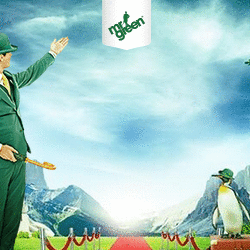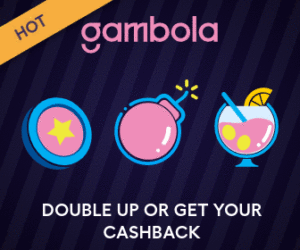Cobra Kai the movie

Decades after their 1984 All Valley Karate Tournament bout, a middle-aged Daniel LaRusso and Johnny Lawrence find themselves martial-arts rivals again.
Thirty years after their final confrontation at the 1984 All Valley Karate Tournament, Johnny Lawrence is at rock-bottom as an unemployed handyman haunted by his wasted life. However, when Johnny rescues a bullied kid, Miguel, from bullies, he is inspired to restart the notorious Cobra Kai dojo. However, this revitalization of his life and related misunderstandings find Johnny restarting his old rivalry with Daniel LaRousso, a successful businessman who may be happily married, but is missing an essential balance in life since the death of his mentor, Mr. Miyagi. Meanwhile, even as this antipathy festers, it finds itself reflected in their protegees as Miguel and his comrades are gradually poisoned by Cobra Kai’s thuggish philosophy. Meanwhile, while Daniel’s daughter, Samantha, finds herself in the middle of this conflict amidst false friends, Johnny’s estranged miscreant son, Robby, finds himself inadvertently coming under Daniel’s wing and flourishes in ways worthy of Mr. Miyagi.
Between the plethora of streaming services and conventional cable options, people are being inundated with a little too much TV. That’s been true for years now. But it became especially evident in 2020, as pandemic-induced production delays gave viewers a rare opportunity to finally catch up on shows that had been idling in their queues. Because of this recent fire hose-level of television, it’s become a lot easier for series to slip through the cracks—even ones adapted from familiar IP.
For a while, it appeared that YouTube’s TV sequel to The Karate Kid would fall into that trap, because, well, a TV sequel to The Karate Kid is a ridiculous idea to begin with. Set more than 30 years after the events of the first movie, Cobra Kai flipped the script by turning former high school bully Johnny Lawrence (William Zabka) into its main protagonist. The intervening years haven’t been kind to Johnny—he’s an absentee father, appears to subsist entirely off Coors Banquet, and somehow looks like he’s been going through a midlife crisis for most of his life—but he finds a chance at redemption by opening up a karate dojo for a new generation of outcast teens. Meanwhile, Daniel LaRusso (Ralph Macchio) is still hanging around the Valley, and while he embraces the late Mr. Miyagi’s virtues, he’s kind of a smug asshole about always doing the right thing. (Daniel’s also co-opted the whole “Karate Kid” schtick to serve his successful car dealership by “kicking the competition” and giving customers bonsai trees; upon hearing that Johnny is reopening Cobra Kai, he starts up Miyagi-Do.)
While it’s admirable that Cobra Kai wants to treat the aftereffects of the West Valley fight with gravitas—actions have consequences, etc.—the series has excelled up to this point because it understood that a soapy melodrama centered around two adults still obsessed with a karate tournament that happened more than 30 years ago is patently absurd. Cobra Kai must strike a Zen balance between the self-awareness that you’re watching a show in which a Los Angeles community lives and breathes [checks notes] karate while providing enough emotional stakes that you’re invested in the characters; perhaps sending angsty teens to the ICU and juvie is a step too far. And that’s before we get into several disturbing Vietnam War flashbacks that serve to underline why John Kreese acts like he does. Kove is clearly having a blast hamming it up as Kreese, who believes—and I’m really not kidding—that political correctness is society’s new enemy. (I’m calling it now: an “In Praise of John Kreese, the Sensible Sensei’’ editorial from The Federalist.)

 Next Post
Next Post

